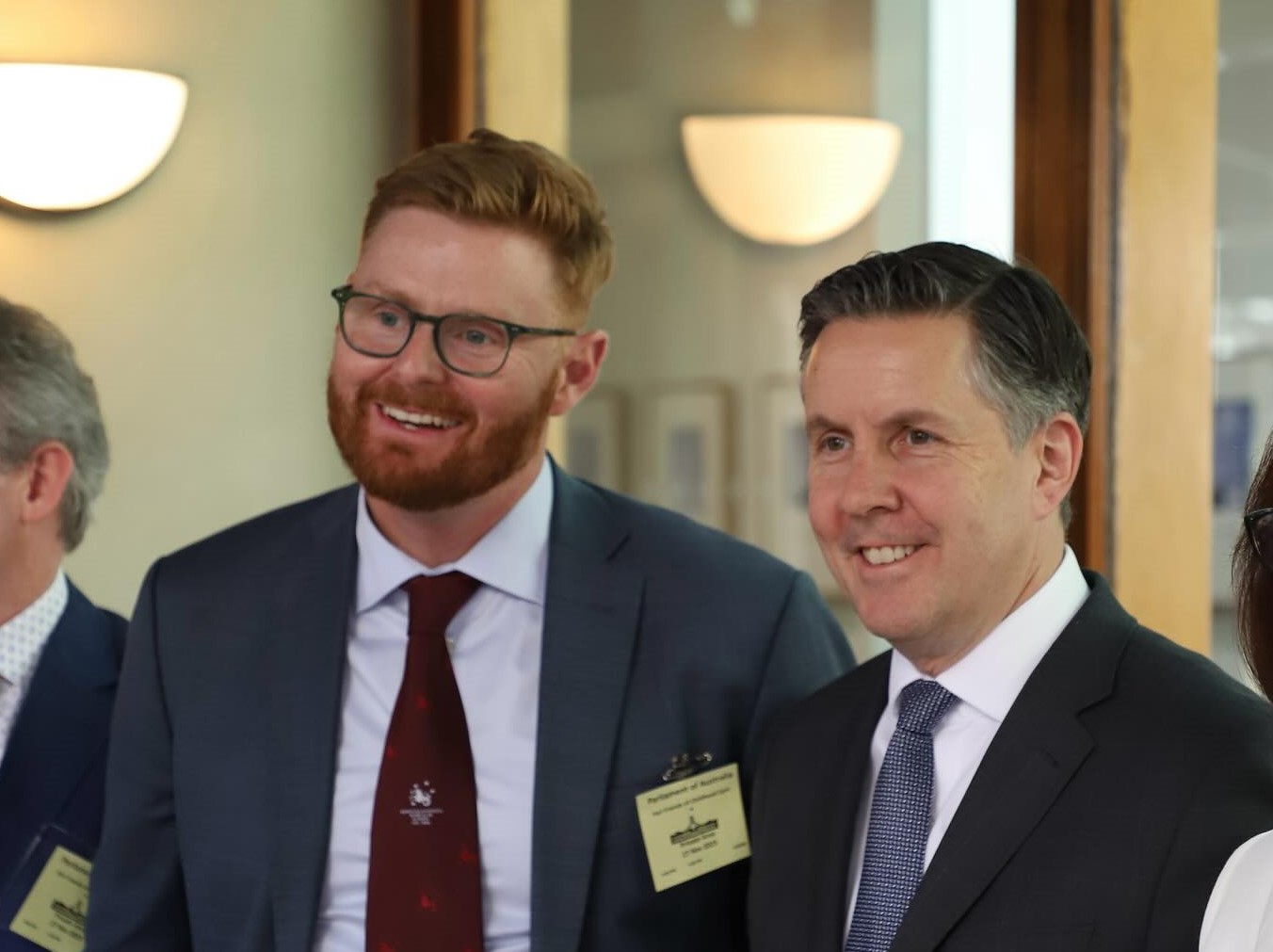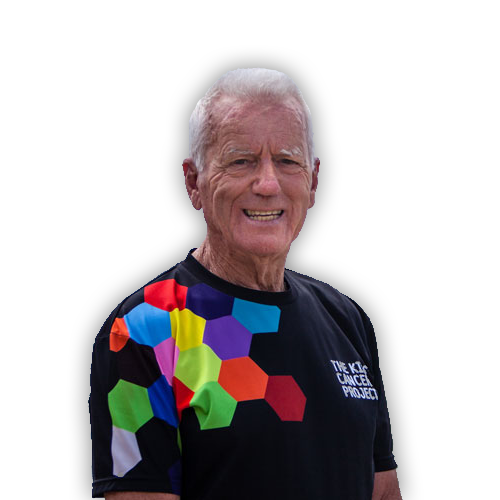
With an investment of over $7.9 million, The Kids’ Cancer Project is ensuring that some of the best and brightest young researchers in Australia can further their careers and most importantly, their impact on childhood cancer research.
Our first round saw over 160 applications from some of the most prestigious research institutions in the country. The successful applicants for the ten fellowships and four PhD scholarship top-ups, which were named after the charity’s founder, Col Reynolds OAM, are introduced below.
CEO of The Kids’ Cancer Project, Owen Finegan, says that focusing funding on Australia’s next generation of scientists from the early stages of their careers is crucial to expanding our knowledge across all childhood cancers and reaching a day when 100% of kids with cancer survive and thrive after treatment. He says:
“The aim of The Kids’ Cancer Project is to ensure extraordinary Australian scientists with great ideas are supported. For instance, our charity’s early funding of innovative programs like Zero Childhood Cancer helped support the discovery of groundbreaking achievements such as personalised medicine.
“The Col Reynolds Fellowships recognise that innovation is the only way a future cure will be found. We are proud to help power the pipeline of pioneering scientists who will be able to build on what has already been achieved. All of the individuals who are the inaugural recipients are exceptional and deserve to be congratulated on what they have already achieved.”
For the first round of the Col Reynolds Fellowships, The Kids' Cancer Project has committed $4.581 million - helping to help support a pipeline of 14 researchers including PhD students, early and mid-career researchers, and young clinicians. The remaining $3.3 million will be invested in mid 2024.
Meet the 2023 Fellowship successful applicants
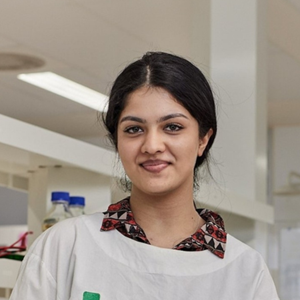
Dr Aaminah Khan
Dr Aaminah Khan is an early-career researcher at the Children's Cancer Institute in the brain tumour group and a conjoint associate lecturer at the University of New South Wales. She earned her doctorate in January 2021, becoming the first to receive a research PhD in Australia with a focus on diffuse intrinsic pontine glioma (DIPG). Her research revolves around developing novel therapeutic strategies for paediatric brain tumours, leveraging metabolic and epigenetic inhibitors. With a strong background in drug testing using patient-derived brain cancer cell lines and orthotopic animal models, she is devoted to translational research, bridging the gap between the lab and clinical trials.
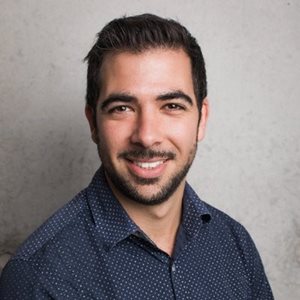
Dr David Mizrahi
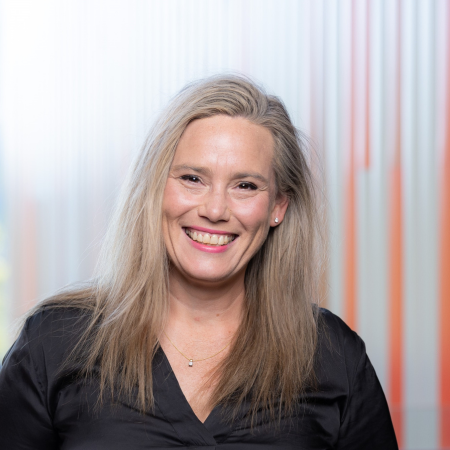
Dr Karin Plummer
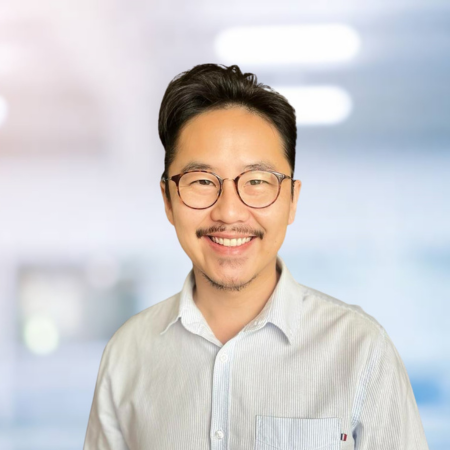
Dr Kenny Ip
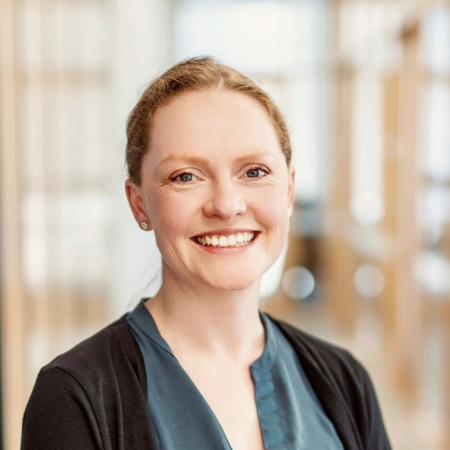
Dr Katherine Pillman
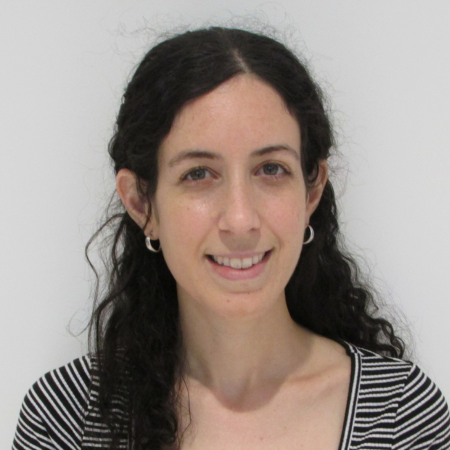
Dr Teresa Sadras
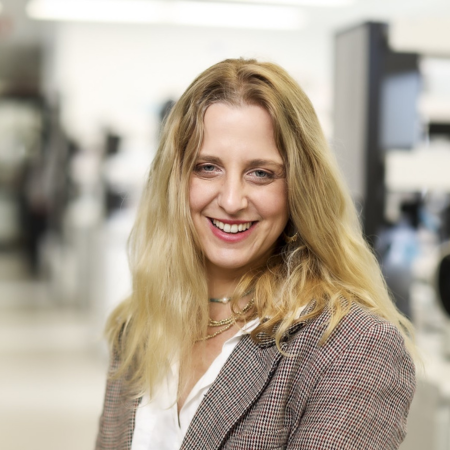
Dr Noa Lamm-Shalem
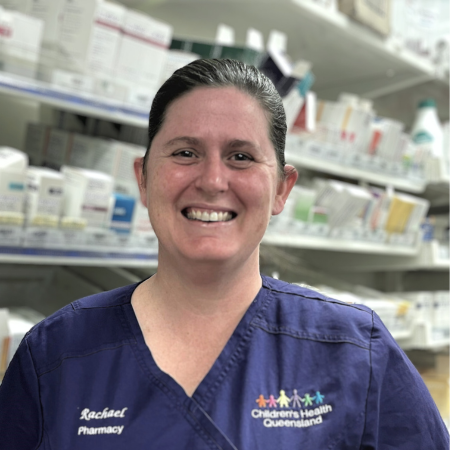
Dr Rachael Lawson
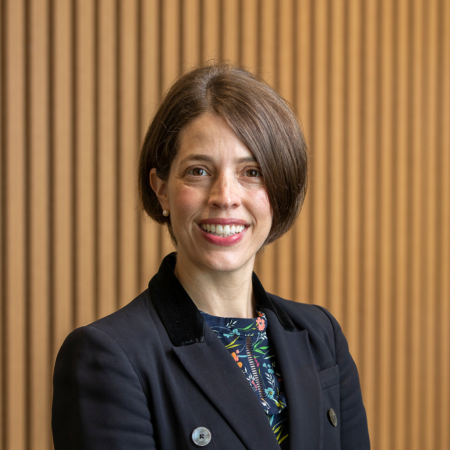
Dr Marion Mateos
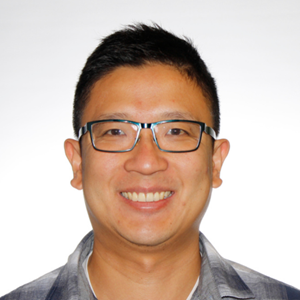
Dr Joseph Yuan-Mou Yang
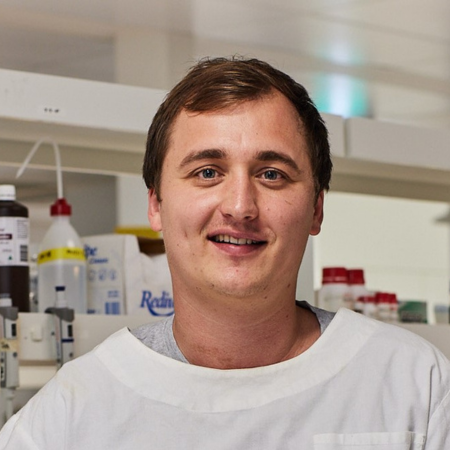
Philipp Graber
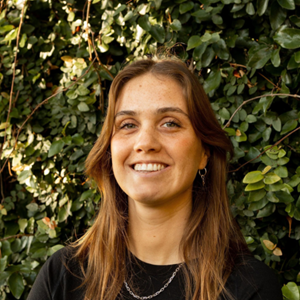
Jacqueline Hunter
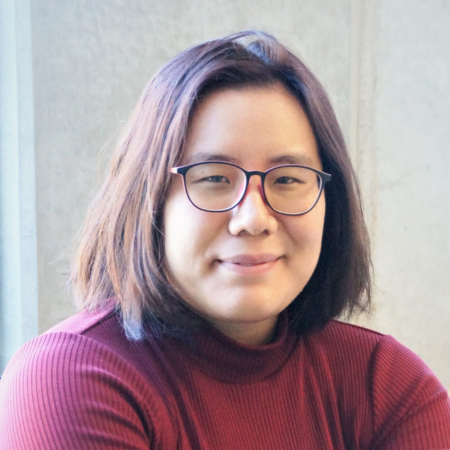
Megumi Hui Ai (Meg) Lim
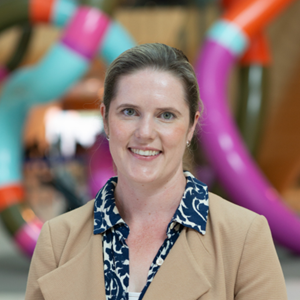
Dr Hannah Walker
From 2023 to 2030 The Kids' Cancer Project will fund 25 fellowships and PhD scholarship top-ups
Below are the first round of Col Reynolds Fellowships to be funded in 2023:
3x Early career scientists
$170,000 each p.a. for three years
4x Mid career researchers
$206,000 each p.a. for three years
2x Clinical fellowships - medical
$92,000 each p.a. for three years
1x Clinical fellowships - allied health & nurses
$68,000 each p.a. for three years
4x PhD scholarships*
$10,000 each p.a. for four years
* Applications for PhD scholarship top-ups do not require an EOI. Applications for PhD students will open on 20 April 2023.
The vision of this investment is to ensure every child with cancer survives to live a long and healthy life free from any side-effects.
Investment in the Col Reynolds Fellowships aims to future proof childhood cancer research by investing in the next generation of researchers and retaining the brilliantly talented scientists already making great strides in the field of childhood cancer research.
We're only able to commit $7.9 million to the Col Reynolds Fellowships thanks to the generous support of people like you.
Your support is essential to making the Col Reynolds Fellowships possible
The generosity of people like you is helping to support the lifesaving work and careers of talented researchers. By making a donation today, you could help provide further funding for future scholarships, meaning more researchers have the vital support and resources they need to carry out lifesaving kids' cancer research. Thank you.
Latest News & Stories
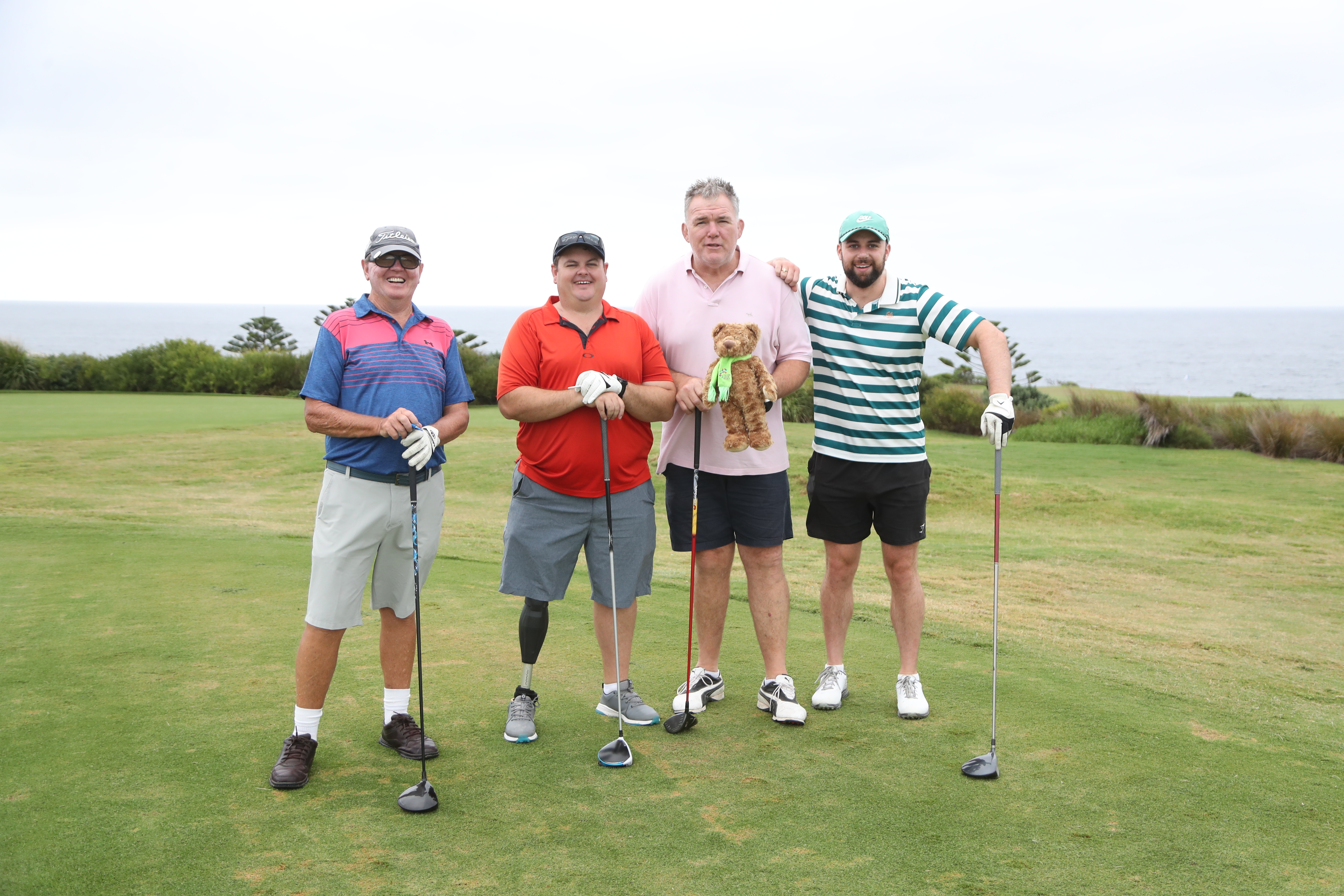
Teeing off with cancer survivor Nathan Rix

Spartan Race AU teams up with The Kids' Cancer Project

Making a Difference: Focus Recruitment's Journey with The Kids' Cancer Project

Ripples Swimming Club – remembering Brooke Fretwell
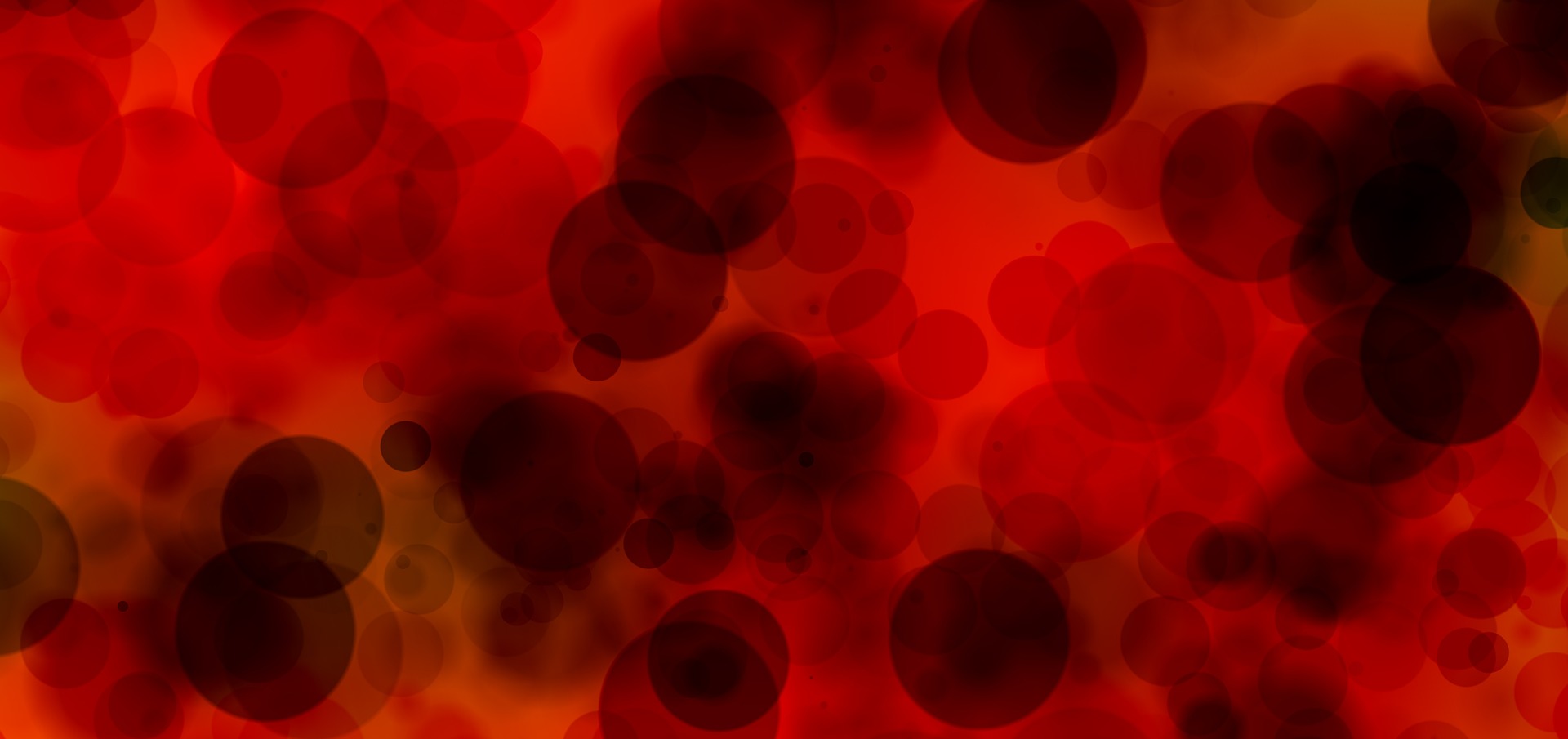
Celebrating a decade of collaborative funding leading to over $10 million committed to ground-breaking research

A-Z of Fundraising
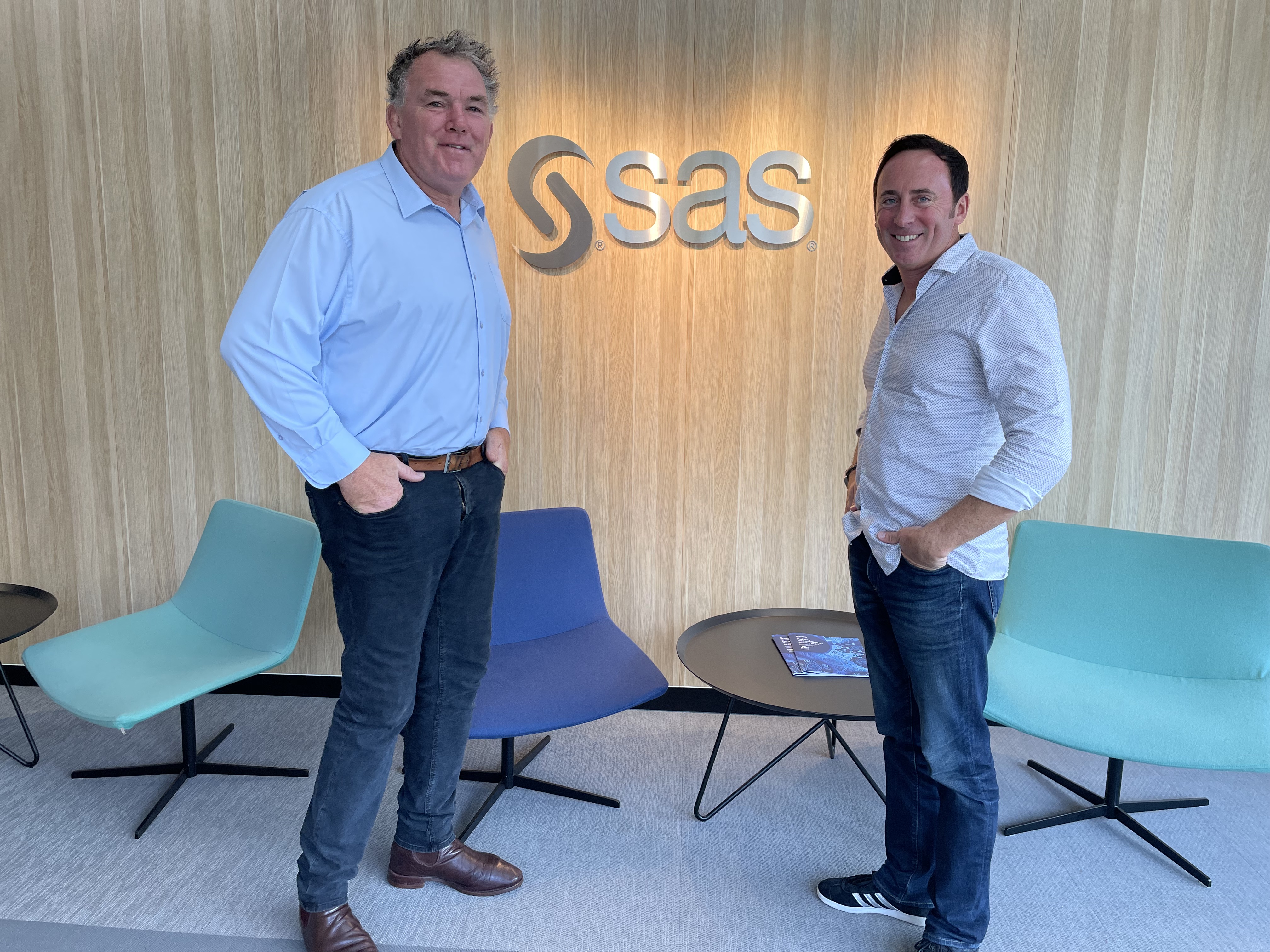
Using Data Analytics to Help Drive Research
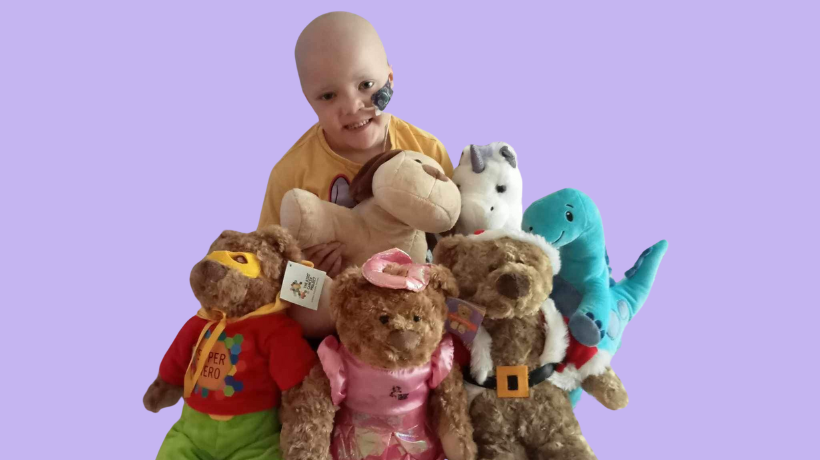
How you’re helping kids with cancer overcome loneliness
